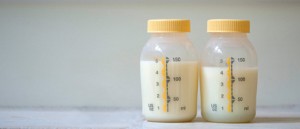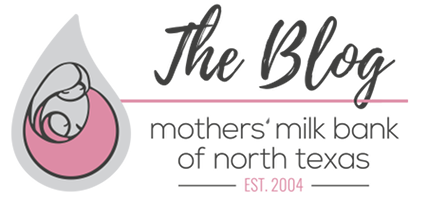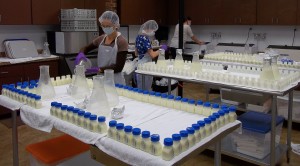Making extra cash, especially around the holidays, is a luring prospect for us all. But would you sell your breastmilk to pad your bank account? Or should milk be donated to help others like blood and other valuable organs and tissues? The answers to these questions may be more complicated than you think.
 Recently, the debate about selling breastmilk was fueled by a New York Times article that examines the ethics of an Oregon-based company, Medolac Laboratories, and its strategy to pay low-income women, by the ounce, for milk. In conjunction with The Mothers Milk Cooperative, Medolac then processes the milk and sells it to hospitals for a significantly high margin. To access the article, click here.
Recently, the debate about selling breastmilk was fueled by a New York Times article that examines the ethics of an Oregon-based company, Medolac Laboratories, and its strategy to pay low-income women, by the ounce, for milk. In conjunction with The Mothers Milk Cooperative, Medolac then processes the milk and sells it to hospitals for a significantly high margin. To access the article, click here.
Mothers' Milk Bank of North Texas stands firmly against companies that profit from buying milk. Here's why:
1. Paying donors for breastmilk could result in significant risks to infants. A mother, tempted with the incentive for financial gain, may forgo feeding her own baby breastmilk, denying her child vital immunological benefits. Other risks could include the intention to increase income by boosting milk volume through dilution or the use of additives, thereby jeopardizing nutritional value and safety.
 2. Non-profit milk banks consistently demonstrate a stellar safety record under the standards of the Human Milk Banking Association of North America (HMBANA). Since 1985, HMBANA has implemented rigorous standards for accepting, processing and dispensing donor milk to the most vulnerable and fragile babies. In the past 12 months, HMBANA's 18 member milk banks have dispensed 3.8 million ounces of lifesaving donor human milk. Read more about HMBANA and its position against for-profit milk donations in a recent press release by clicking here.
2. Non-profit milk banks consistently demonstrate a stellar safety record under the standards of the Human Milk Banking Association of North America (HMBANA). Since 1985, HMBANA has implemented rigorous standards for accepting, processing and dispensing donor milk to the most vulnerable and fragile babies. In the past 12 months, HMBANA's 18 member milk banks have dispensed 3.8 million ounces of lifesaving donor human milk. Read more about HMBANA and its position against for-profit milk donations in a recent press release by clicking here.
 3. Volunteer donors are safe donors. Volunteer donors are generous mothers who are willing to share their extra milk to help critically ill babies. They are screened through medical histories and blood tests and by donating to a non-profit milk bank, can be assured that their milk is truly going to infants in need.
3. Volunteer donors are safe donors. Volunteer donors are generous mothers who are willing to share their extra milk to help critically ill babies. They are screened through medical histories and blood tests and by donating to a non-profit milk bank, can be assured that their milk is truly going to infants in need.
4. Donor milk is safely pasteurized and processed. HMBANA milk banks such as Mothers' Milk Bank of North Texas currently process milk using the Holder method of pasteurization. Clinical evidence has shown that this method of pasteurization is gentle enough to preserve critically important immunological properties. There is a lack of evidence from companies that use alternative methods of pasteurization, exposing milk to pressure and temperatures in excess of 100 C.
Next week's blog will address frequently asked questions from moms who are interested in the options available for their extra breastmilk. If you have a question, please contact us:
[contact-form][contact-field label='Name' type='name' required='1'/][contact-field label='Email' type='email' required='1'/][contact-field label='Question' type='textarea' required='1'/][/contact-form]
For more information about HMBANA and its member milk bank locations, click here.
To learn more about Mothers' Milk Bank of North Texas or how to become a donor, click here.

